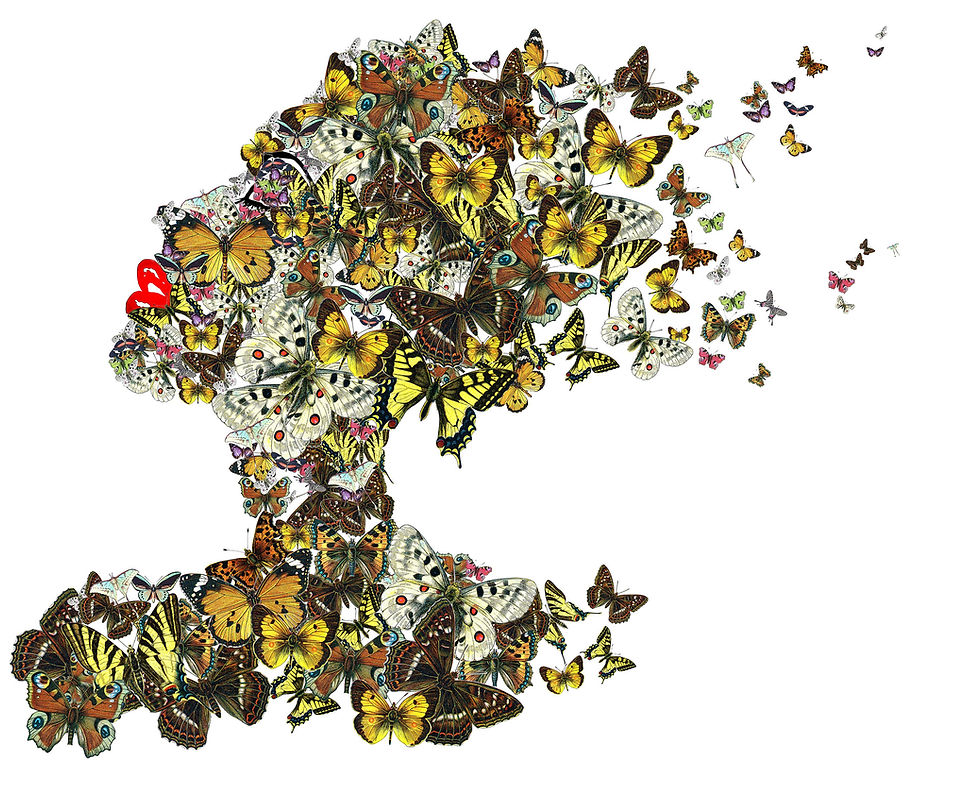Nursing Leadership: Why It Is Unique
- Denetra Hampton
- Oct 13, 2021
- 2 min read
Updated: Nov 23, 2021
When the public thinks about the role of the nurse, they don't think in terms of leadership, which places the profession in a unique space that has not served them well. Historically, nurses are known for their multiple dexterities and not their abilities to create, motivate and sustain great leadership. This uniqueness as deterred our acceptance on the national and global stage of leadership. I contend, this is the case, due specifically to lack of diversity. Let me debate, as you ponder.

According to the 2020 National Nursing Workforce Survey, the total number of active RN and LPN/LVN licenses in the U.S. was 4,198,031 and 944,813, respectively. Nursing, the largest healthcare sector in the U.S., is also one of the least diverse. Over 80% of registered nurses alone are white— a testament to the outdated practices and policies used to recruit and educate the profession are long outdated and overrated.
The COVID-19 pandemic was a stark reminder of how rapidly things can change. Although there is no playbook for these kind of crisis situations, there are pretty good notes on complacency, confidence and competency- all which play a key role in effective crisis response. Effective crisis management teams are not a commodity in the profession of nursing, as they require multiple levels of diversity, that which nursing is lacking.
Nursing leadership holds a unique space of its' own, but for one specific reason. A reckoning with race, discrimination and relevancy has arrived. Future students and talent are watching nursing. Real change must occur lest the profession forever be altered.
So, let's be clear, nursing has been voted the most trusted profession in healthcare for decades. But I question whether this will remain the case as we move toward a more digitally-diverse world. A world that must be faced head on with forward thinking, diverse leaders.
Follow: Leadership, Health Equity, Film.



Comments